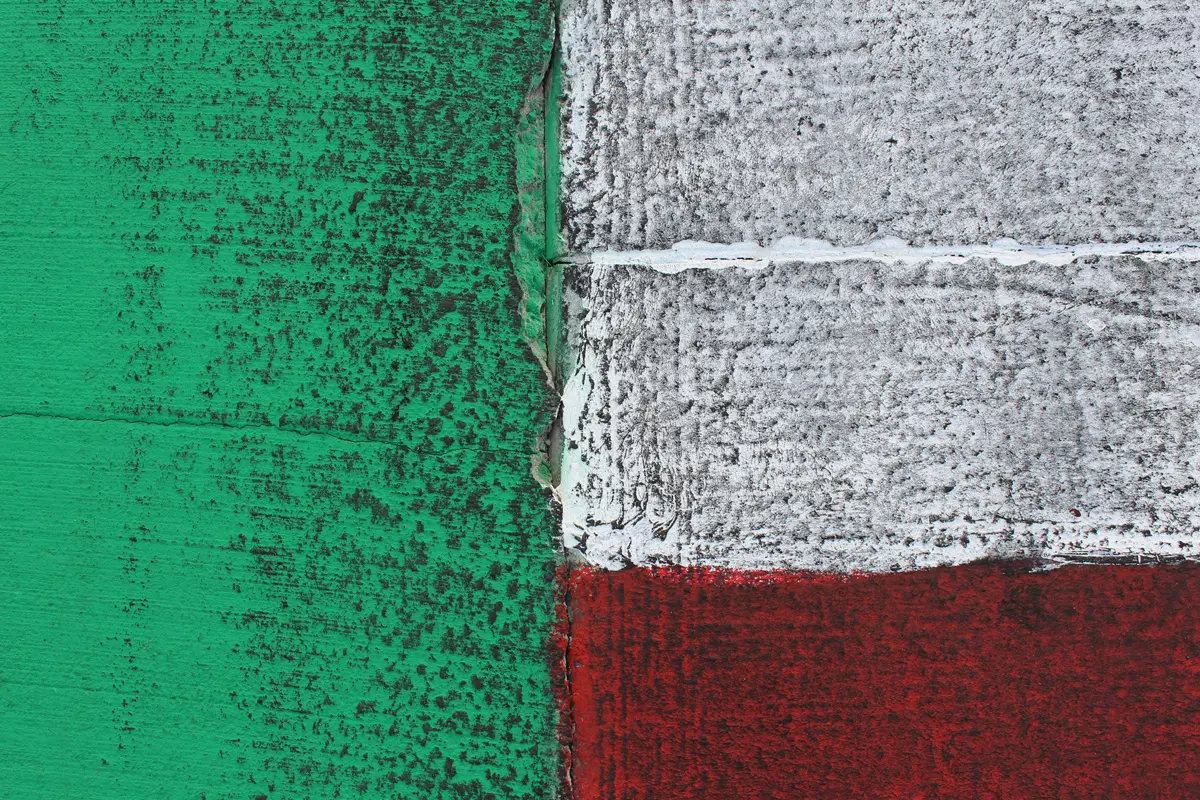
The quick answer: Basic Italian words are simple, everyday phrases like “Ciao” (hello), “Grazie” (thank you), and “Per favore” (please) that help you navigate Italian culture, travel, and daily life. Learning these words not only makes communication easier but also shows respect to locals when visiting Italy.
Why Should You Learn Basic Italian Words?
When visiting Italy, speaking even a handful of basic Italian phrases transforms your experience. From ordering coffee in Rome to asking dov’è il bagno? (where’s the bathroom?), locals truly appreciate the effort. Knowing polite expressions like il conto per favore (the bill, please) or mi scusi (excuse me) shows cultural respect and often leads to warmer interactions.
Even if many Italians speak English in tourist areas, using basic Italian words bridges cultural gaps and enhances your travels.
What Are the Most Common Greetings in Italian?
Greetings are the foundation of Italian culture. Whether formal or casual, they set the tone for any interaction.
- Ciao → Hi/bye (informal, used with friends and peers).
- Salve → Neutral hello (semi-formal).
- Buongiorno → Good morning/day (used until early afternoon).
- Buonasera → Good evening (used after 4–5 p.m.).
- Buonanotte → Good night (before bed).
👉 Italians take greetings seriously—you’ll hear them in shops, cafés, and even when entering elevators. A quick buongiorno can open doors to more authentic exchanges.
What Basic Italian Words Should You Learn for Travel?
Travelers often need specific Italian travel phrases for restaurants, shopping, and directions. Here are must-know examples:
- Il conto, per favore → The check, please.
- Dov’è il bagno? → Where’s the bathroom?
- Quanto costa? → How much does it cost?
- Lo prendo → I’ll take it.
- Mi dispiace → I’m sorry.
- Mi chiamo… → My name is…
- Parla inglese? → Do you speak English?
📌 Tip: Combine politeness with tone. Adding per favore (please) makes any request smoother and more respectful.
How Do Numbers in Italian Help Daily Life?
Numbers are among the most useful basic Italian words, especially for shopping, dining, and transportation.
1 → Uno
2 → Due
3 → Tre
4 → Quattro
5 → Cinque
6 → Sei
7 → Sette
8 → Otto
9 → Nove
10 → Dieci
💡 Imagine ordering coffee: “Due cappuccini, per favore” (two cappuccinos, please). Learning numbers in Italian is essential for transactions.
Why Are Politeness and Manners Important in Italy?
Italian culture values warmth and respect. Using polite expressions makes your interactions smoother:
- Grazie → Thank you
- Prego → You’re welcome
- Mi scusi → Excuse me (formal)
- Per favore → Please
- Va bene → Okay, all right
👉 Politeness isn’t just language—it’s cultural. Even simple exchanges become more meaningful when you add gratitude and courtesy.
How to Use Basic Italian Phrases in Restaurants?
Dining is central to Italian culture. Here are key restaurant phrases:
- Un caffè, per favore → One coffee, please.
- Vorrei una pizza margherita → I’d like a Margherita pizza.
- Il conto, per favore → The bill, please.
- È delizioso! → It’s delicious!
⚠️ In Italy, servers don’t rush you with the bill. Instead, you must ask for it. That’s why il conto, per favore is one of the most valuable basic Italian words.
What Are the Best Phrases for Shopping?
Shopping in Italy is a joy, whether at markets or boutiques. Useful expressions include:
- Quanto costa? → How much does it cost?
- È troppo caro → It’s too expensive.
- Lo prendo → I’ll take it.
- Posso pagare con la carta? → Can I pay by card?
These phrases help avoid misunderstandings and make your shopping experience smoother.
How to Introduce Yourself in Italian?
Introductions are simple and warm:
- Mi chiamo [Name] → My name is [Name].
- Piacere → Nice to meet you.
- Di dove sei? → Where are you from?
- Sono di [country/city] → I’m from [country/city].
💡 Practicing these helps you build connections with locals beyond basic transactions.
Cultural Insights: Why Learning Italian Words Matters
Using basic Italian words and phrases does more than get you from point A to B. It shows openness to Italian culture, creating genuine human connections. Italians admire when travelers speak even a few words of their language—it signals respect and curiosity.
From good morning greetings to asking dov’è il bagno, these little efforts turn tourists into welcomed guests.
FAQs About Basic Italian Words
What are the most useful basic Italian words for beginners?
Ciao (hello), grazie (thank you), per favore (please), mi scusi (excuse me), and dov’è il bagno (where’s the bathroom) are the most practical.
Do Italians understand English in tourist areas?
Yes, many Italians speak English, especially in major cities. Still, using basic Italian phrases like “quanto costa” or “il conto per favore” shows cultural respect.
How many Italian words do I need to know for travel?
Around 100–200 basic Italian words are enough for everyday travel situations—ordering food, shopping, and asking directions.
What is the difference between “mi scusi” and “scusa”?
Both mean “excuse me,” but mi scusi is polite/formal, while scusa is informal, used with friends or peers.
How do you say good morning in Italian?
You say buongiorno—it literally means “good morning” or “good day” and is used until early afternoon.
Final Thoughts
Mastering basic Italian words is the easiest way to connect with locals, enhance your travels, and show cultural respect. From greetings like ciao to practical travel phrases like il conto per favore, these expressions unlock smoother communication and richer experiences.
👉 Remember: language learning isn’t just about words—it’s about building bridges. Even if you only know basic Italian phrases, your effort will always be appreciated in Italy.
Basic Italian words are your key to authentic travel.